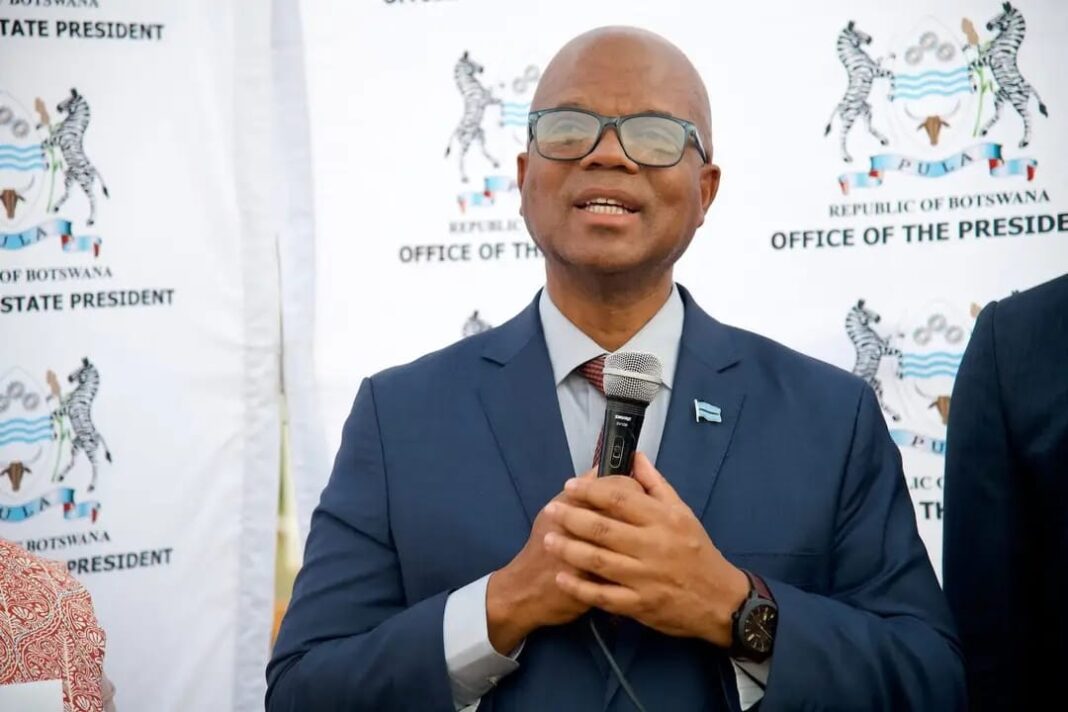The Industrial Court has ruled in favour of government in the case where the unions had dragged it to court together with the Botswana Landboards & Local Authorities Health Workers Union (BLLAHWU) in the current ongoing salary negotiations.
In a ruling delivered on Tuesday, the Gaborone Industrial Court discharged the provisional court order, or rule nisi, that had been previously granted temporarily halting the implementation of a salary agreement between the Government (BLLAHWU).
This decision came across as a significant victory for the government and BLLAHWU, reinforcing the right of unions to negotiate independently and for their members to receive the benefits of a fair and concluded agreement without unnecessary delays.
Delivering the verdict this morning in court, Judge Dr. Goodwill Makofi, found that while the matter brought by the “five plus one” cooperating trade unions did warrant an expedited hearing due to its public interest, their core arguments lacked merit and failed to demonstrate sufficient harm to justify a prolonged suspension of the agreement. This outcome upholds the principle that matters that have already been settled and legally finalised should not be held hostage by the stalled negotiations of other parties.
The ruling explicitly lifted the interdict that had prevented BLLAHWU members from receiving their rightful salary increases and enhancements from the end of August 2025 onwards. The judge noted that the suspension had “run out its usefulness” and that its continued enforcement would cause more harm to the injuncted party than was reasonably necessary. Consequently, this decision allows BLLAHWU members to finally enjoy the benefits of their union’s successful bargaining efforts.
The court was unpersuaded by the applicants’ claims of “irreparable harm,” which were largely based on fears that their members might lose confidence and defect to other unions like BLLAHWU. The judge highlighted that such claims were based on unsubstantiated anxieties and not objective facts, noting that no union members had come forward with affidavits to support this alleged loss of confidence. The ruling also dismissed the unions’ argument that the budget for civil servants would be “depleted,” as they failed to provide any evidence or a financial breakdown to support this.
To this end, regarding the correction of minutes as sought by the applicants, the court affirmed that the correction of meeting minutes is an administrative exercise that should be handled by the parties themselves, not by the court. The court urged the unions and government to return to the negotiating table in a spirit of constructive dialogue rather than resorting to litigation over administrative issues.
This ruling serves as a vital reminder of the importance of good-faith negotiations and the need for unions to secure agreements that benefit their members in a timely fashion. While the “five plus one” unions failed to achieve the outcome they desired, the court’s decision has cleared the way for the government and BLLAHWU to move forward, providing a much-needed morale boost to thousands of deserving public servants. Meanwhile, the government has always indicated its readiness to resume talks with the other unions, to conclude the pending negotiations.
The court’s decision has now paved the way for those talks to be conducted with clarity and fairness.



